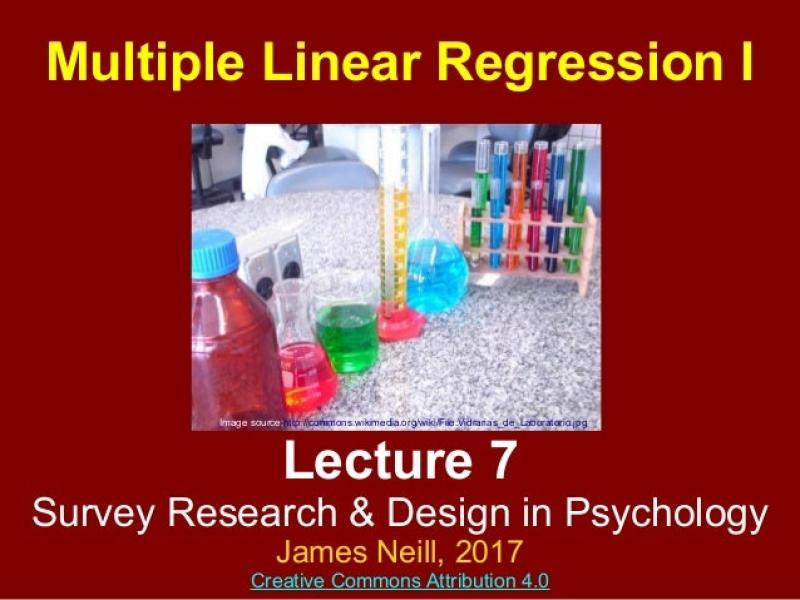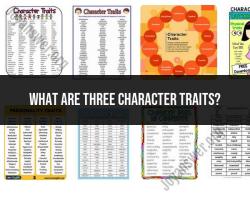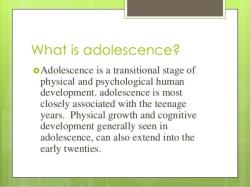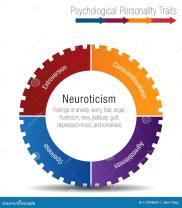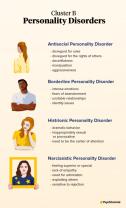What is multiple regression in psychology?
Multiple regression in psychology is a statistical method used to examine the relationship between a dependent variable and two or more independent variables. It allows researchers to analyze the impact of multiple factors simultaneously on the outcome of interest. This technique is an extension of simple linear regression, where only one independent variable is used to predict the dependent variable.
In multiple regression, the general form of the regression equation is:
- is the dependent variable.
- is the intercept.
- are the regression coefficients representing the strength and direction of the relationship between each independent variable () and the dependent variable.
- is the error term.
The primary goal of multiple regression in psychology is to understand how changes in the independent variables are associated with changes in the dependent variable while controlling for the effects of other variables. This method is widely used in psychological research for various purposes:
Predictive Modeling: Researchers use multiple regression to develop predictive models, where they aim to predict an outcome variable based on a combination of predictor variables.
Control for Confounding Variables: By including multiple independent variables in the analysis, researchers can control for the potential influence of confounding variables, providing a more accurate estimation of the relationships of interest.
Understanding Complex Relationships: Multiple regression allows researchers to explore complex relationships by considering the combined impact of multiple factors on a psychological outcome.
Identification of Significant Predictors: Researchers can identify which independent variables significantly contribute to predicting the dependent variable, helping to prioritize factors for further investigation or intervention.
Assessing Interaction Effects: Multiple regression can be extended to explore interaction effects between independent variables, providing insights into how the relationship between one variable and the outcome may depend on the level of another variable.
It's crucial to assess assumptions, such as linearity, independence of errors, and absence of multicollinearity, when conducting multiple regression analyses. Additionally, the interpretation of coefficients and statistical significance should be done cautiously, considering the specific context of the study. Multiple regression is a versatile tool in psychological research, providing a method to analyze the multifactorial nature of many psychological phenomena.
How is multiple regression applied in psychological research?
Multiple regression is a statistical technique that allows researchers to examine the relationship between multiple predictor variables and a single outcome variable. It is a powerful tool that can be used to understand the complex factors that contribute to human behavior.
In psychological research, multiple regression is often used to investigate the following:
- The relationship between predictor variables, such as personality traits, cognitive abilities, and environmental factors, and outcome variables, such as academic performance, mental health, and relationship satisfaction.
- The effects of interventions on outcome variables.
- The mediating and moderating effects of variables on the relationship between predictor and outcome variables.
What role does multiple regression play in understanding human behavior?
Multiple regression plays an important role in understanding human behavior by helping researchers to:
- Identify the most important predictors of a particular outcome.
- Quantify the relationship between predictor and outcome variables.
- Understand the complex interactions between predictor variables.
- Test the effects of interventions on outcome variables.
By using multiple regression, researchers can gain a deeper understanding of the factors that influence human behavior and develop more effective interventions to improve mental health and well-being.
Can you provide examples of studies utilizing multiple regression in psychology?
Here are a few examples of studies that have utilized multiple regression in psychology:
- A study by Cohen and colleagues (1999) used multiple regression to examine the relationship between personality traits and academic performance. The study found that conscientiousness and openness to experience were significant predictors of academic performance, even after controlling for other factors such as intelligence and socioeconomic status.
- A study by Seligman and colleagues (2005) used multiple regression to examine the effects of a cognitive-behavioral therapy (CBT) intervention on depression symptoms. The study found that CBT was significantly more effective than a placebo intervention in reducing depression symptoms.
- A study by Baumeister and colleagues (1998) used multiple regression to examine the mediating role of self-control in the relationship between stress and aggression. The study found that self-control mediated the relationship between stress and aggression, suggesting that self-control is a key factor in controlling aggressive behavior under stressful conditions.
These are just a few examples of the many ways that multiple regression can be used to understand human behavior. Multiple regression is a versatile and powerful tool that can be used to address a wide range of research questions in psychology.
In addition to the above examples, multiple regression has also been used to study a variety of other topics in psychology, including:
- The relationship between parenting style and child development
- The effects of sleep deprivation on cognitive function
- The relationship between social media use and mental health
- The effects of exercise on mood and anxiety
- The relationship between socioeconomic status and cognitive development
Multiple regression is a valuable tool for psychological researchers, and it has contributed to our understanding of human behavior in many ways.
